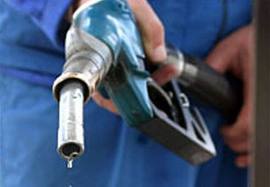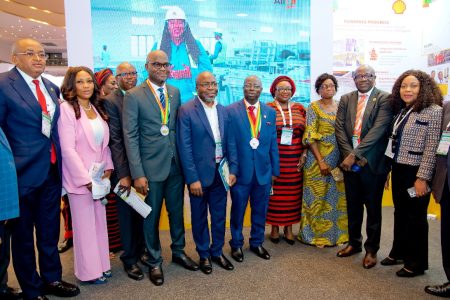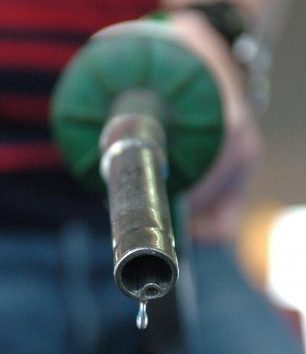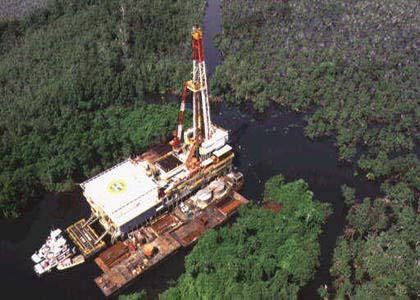o9 December 2015, Abuja—Against the backdrop of the current fuel crisis across the country showing no sign of abating, the World Bank, Tuesday, told President Muhammadu Buhari that the time to remove petroleum subsidy is now.
 While the Buhari administration has given hints of its intention to remove fuel subsidy, many Nigerians, including the organised labour, have rejected the plan. But in what appears to be a prelude to the eventual removal of fuel subsidy, President Buhari made no provision for kerosene subsidy in the Medium Term Expenditure Framework, MTEF, and Fiscal Strategy Paper, FSP, which he presented to the National Assembly, Tuesday.
While the Buhari administration has given hints of its intention to remove fuel subsidy, many Nigerians, including the organised labour, have rejected the plan. But in what appears to be a prelude to the eventual removal of fuel subsidy, President Buhari made no provision for kerosene subsidy in the Medium Term Expenditure Framework, MTEF, and Fiscal Strategy Paper, FSP, which he presented to the National Assembly, Tuesday.
Monday’s Federal Executive Council meeting, the Minister of Budget and National Planning, Udoma Udoma, while unveiling the Medium Term Expenditure Framework and the government’s N6 trillion budget proposal for 2016, said the government was seriously weighing the options between removing or retaining fuel subsidy next year.
Speaking at the launch of the new edition of Nigeria Economic Report, the World Bank’s Lead Economist, John Litwack, said the best time to remove fuel subsidy is now when global crude oil price is at its lowest level, noting that the Bank foresaw continuous decline in global crude oil price.
Despite last Friday’s attempt by the Organisation of Petroleum Exporting Countries, OPEC, during its 168th conference to maintain its production quota so as to stabilize the crude oil market, the price of the commodity slumped further to $37.89 per barrel on Monday from $38.09 on Friday.
Mr Litwack said now is the best time for the government to scrap the subsidy, as doing so would not push retail pump price beyond an average of N100 per litre, or generate the kind of pressure that would negatively impact on the people beyond what they are currently facing.
According to Litwack: “The fuel subsidy appears to have vast modest benefits for the majority of citizens, but the costs are quite high. There is a strong tendency for the cost of fuel subsidy to increase over time as increasing domestic demand for petrol outpaces growth in oil output or revenues.
“The $35 billion cost of fuel subsidy during 2010 – 2014 was one of the reasons Nigeria was unable to accumulate a fiscal reserve in the Excess Crude Account that could have protected the country from the recent oil price shock.”
He explained that fuel subsidy obligations were expected to reach 18 per cent of all government oil revenues in 2015, pointing out that if the current regulated price regime of N87 per litre was maintained, subsidy was projected to increase to more than 30 per cent by 2018.
2016 Budget: Buhari scraps kerosene subsidy
Meanwhile, President Muhammadu Buhari may have tacitly scrapped kerosene subsidy in the country as he made no allocation for it in the Medium Term Expenditure Framework, MTEF, and Fiscal Strategy Paper, FSP, which he presented to the National Assembly, yesterday.
The document indicated that the present federal administration is to borrow N1.835.88 trillion to fund the 2016 budget which stands at N6.04 trillion just as it disclosed that a total sum of N350.33 billion misappropriated funds will be recovered in 2016 .
A breakdown showed that while N1, 200.00 trillion would be borrowed domestically, foreign borrowing stands at N635.88 bn.
On the misappropriated funds, the president explained in the Medium Term Expenditure Framework that N137.90 billion will be recovered from strategic alliance contracts, while N162.43 billion will be recovered from the Nigerian National Petroleum Corporation, NNPC just as N50 billion will be recovered from other misappropriated funds.
But contrary to expectations that he would remove fuel subsidy following series of complaints arising from its handling, the President did not only retain it but allocates the sum of N63.29 bn for it in the 2016 fiscal year.
- Vanguard



